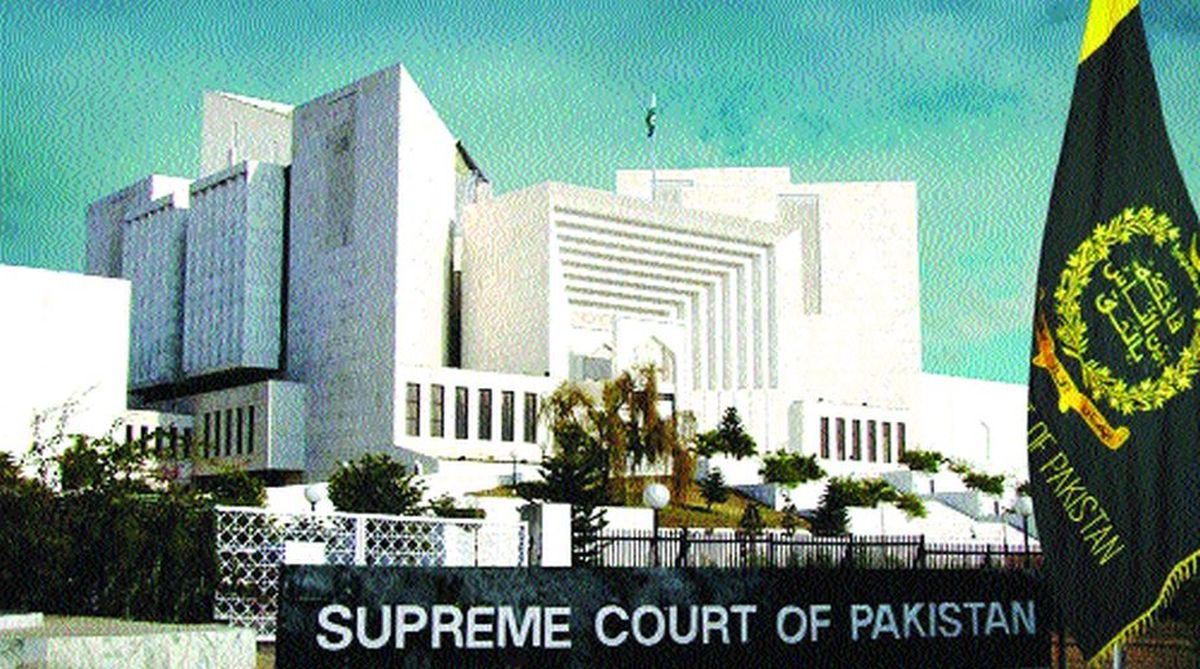Pakistan SC starts hearing election body’s plea to reconsider Punjab poll order
The ECP asked the apex court to review its decision as the judiciary "doesn't have the authority to give the date of elections."
Gen. Sharif left for Riyadh in April 2017 to head a 41-nation military alliance led by Saudi Arabia. He retired in 2016.

Supreme Court of Pakistan (Photo: Twitter)
Pakistan’s Supreme Court on Wednesday sought a report from the Defence Ministry on the foreign employment of former Army Chief General (retd) Raheel Sharif and former Director-General Inter-Services Intelligence (ISI) Lt. Gen. (retd) Ahmed Shuja Pasha in violation of a law that restrained government officers from doing so for two years post-retirement.
Hearing the suo motu case of dual nationalities of government employees, Chief Justice Saqib Nisar inquired whether the senior Army officials took permission from the federal government or not, according to Geo News.
Gen. Sharif left for Riyadh in April 2017 to head a 41-nation military alliance led by Saudi Arabia. He retired in 2016.
Advertisement
On the other hand, the former ISI chief after his retirement in 2012, worked with a multinational firm in the UAE. He is now serving as a group chief adviser to a Lahore-based firm owned by a Pakistani politician, reports say.
“According to the law, government officers cannot sign an employment contract abroad for two years after their retirement. Generals Pasha and Sharif, both, found employment abroad. Is the law not applicable to Army officers?” the Chief Justice asked.
Defence Secretary Lt .Gen. (retd) Zamir-ul-Hassan Shah apprised the court that both retired officers had obtained a no-objection certificate (NOC) prior to leaving the country for employment.
The government had permitted both generals to sign foreign employment contracts, Shah said. The three-judge bench directed the Defence Ministry to obtain more information in this regard, according to the Express Tribune.
Shah also told the bench that there were no dual nationals in the Pakistan Army as according to the rules, anyone holding a dual nationality cannot be recruited in the armed forces.
The secretary, however, admitted that spouses of some Army officials were dual nationals and permission was sought from the competent authority before their marriage.
The bench further asked the secretary whether any disciplinary action had been taken against those military officers who got married without permission and sought data in this regard.
Shah was also directed to conduct an exercise within the armed forces to identify those who were secretly holding dual nationalities.
Advertisement